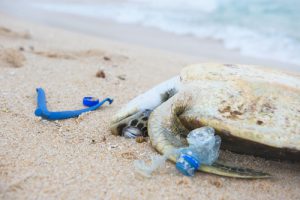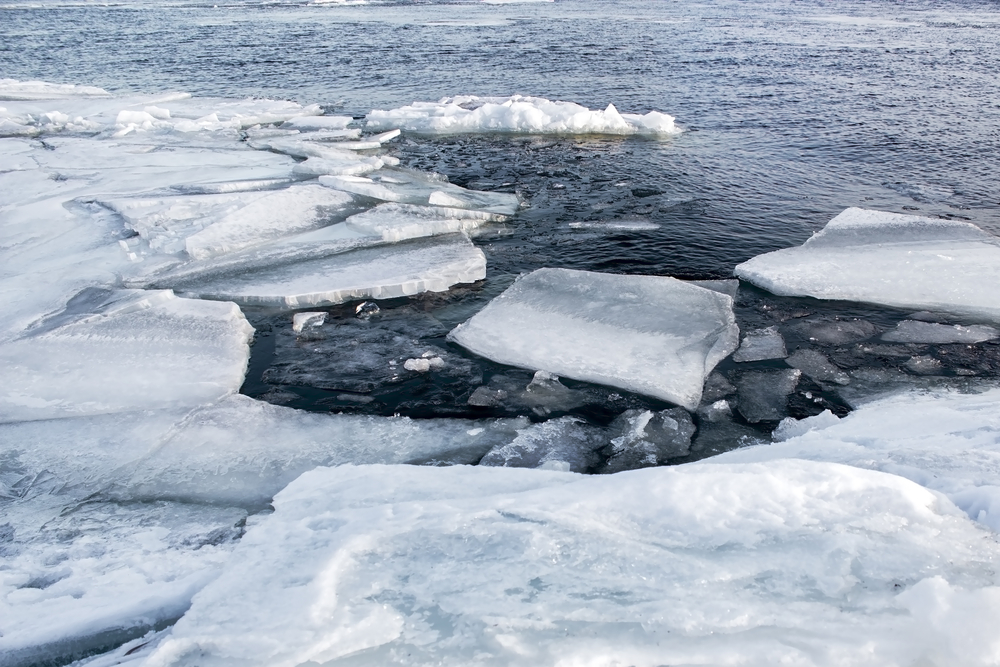(Image from Shutterstock)
The need to address the impact humans are having on the environment is becoming more pressing with each passing day. Reports show that winter sea ice in the Arctic is ever-shrinking, a worrying trend that has developed over the past 4 consecutive years, with 2018 coming second only to 2017 in hitting maximum low records. Antarctic ice is not faring any better, with data showing an acceleration of melting in West Antarctica. While the science indicates that climate change is real and that humans have played – and continue to play – an important role, public opinion seems to still be divided over this issue. Environmentalists are often accused of acting as acolytes of the climate change religion, portrayed as blind followers of the green faith. Climate science is dismissed as ‘bad science’, tainted by ulterior motives and economic interests. At the other end of the spectrum, you find the sceptics, accused of being ‘climate deniers’. The arguments are often linked to values and morality, which makes it even more difficult to engage in constructive dialogue and to find ways for the wider public to engage with the ‘climate agenda’. However, there is hope yet. The campaign on plastic and packaging has been gaining momentum. While small actions have been implemented through the years, such as the 5p levy on plastic bags or recycling initiatives by local authorities, the very vivid images of ocean creatures trapped in a sea of plastic have struck a note with the public. It’s one thing to talk about ‘trends in warming’ or ‘emissions targets for 2050’; it is another to see a little seahorse holding on to a plastic cotton bud, or a sea turtle tangled in a plastic bag. Those sorts of pictures bring a very tangible reality to the forefront: there’s no denying that plastic is man-made and therefore, we are responsible for that damage. It is clear that when faced with tangible evidence that is presented in the right way, individuals are willing to stand up and take action. The challenge lies in finding ways to communicate the realities of climate change and human impact, which are often less tangible and concrete, in a way that reaches out to a wider section of the public. This is where research has a fundamental role to play, and can help activists and policy-makers to tailor effective messages that will resonate with different audiences. The war on plastic is only the beginning. Let’s keep the momentum going!
 psychology
psychology Patrick Readshaw
Patrick Readshaw 1296
1296


